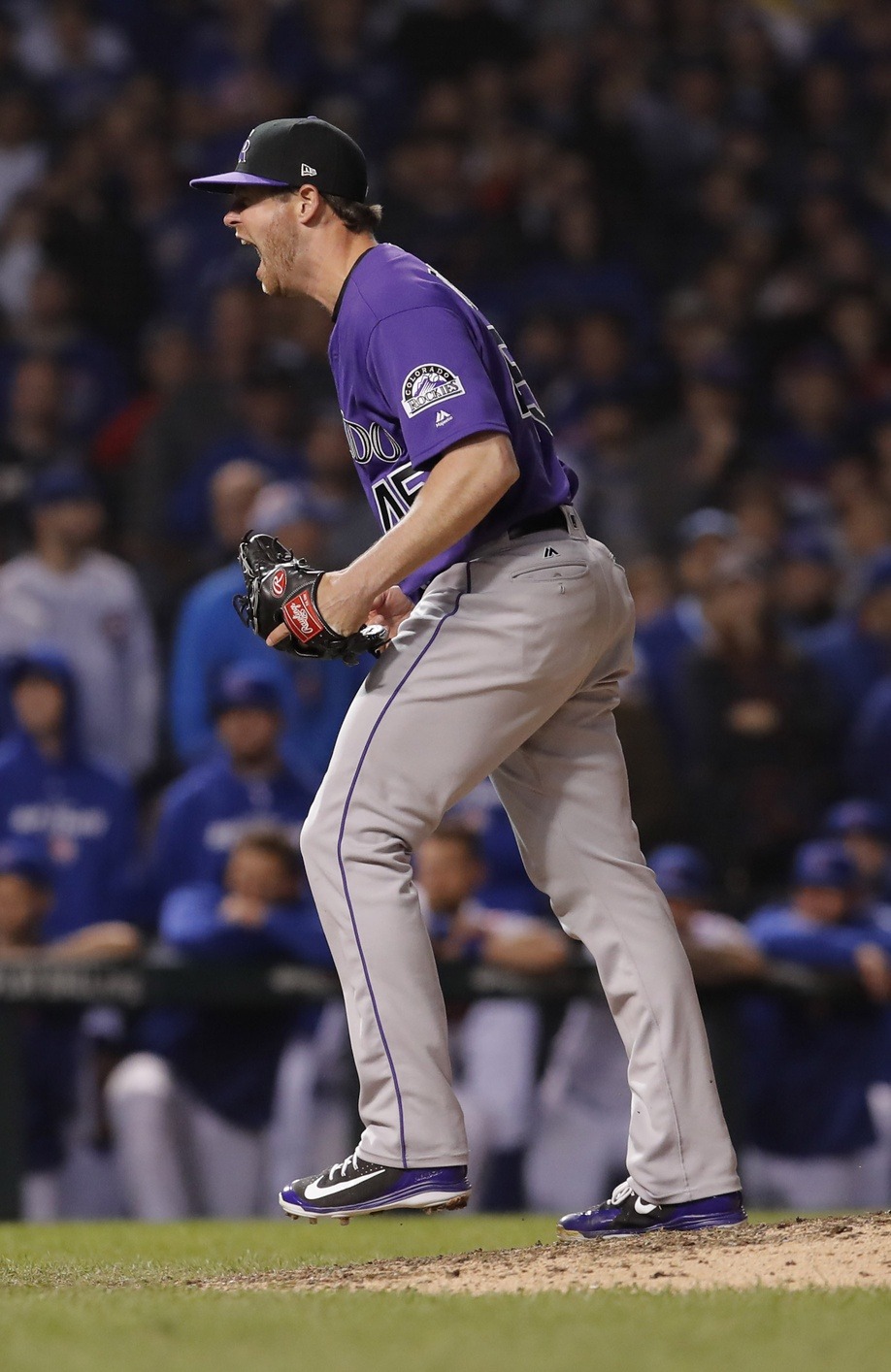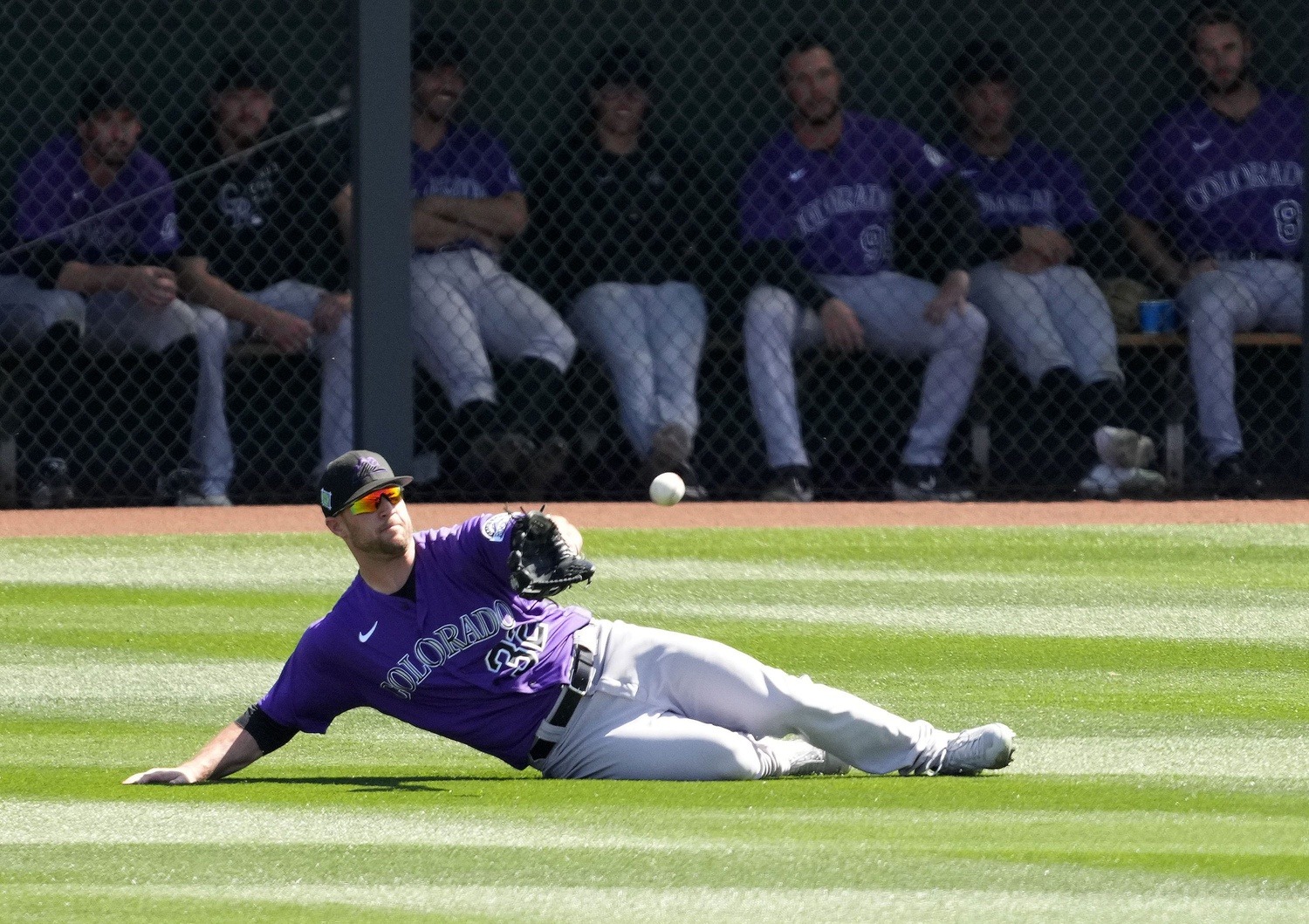© 2026 ALLCITY Network Inc.
All rights reserved.

When the first pitch of the season is thrown on Thursday, April 7 at Yankee Stadium some time around 1:05pm EST, the realization will truly begin to sink in that baseball has officially returned.
After 99 days of an MLB-imposed lockout, the owners and players came together with a resolution that left both parties feeling positive.
The details of the new collective bargaining agreement and it’s business side of the game may seem incredibly unimportant to the average baseball fan, even after the more than three month ordeal. The bottom line is all that matters: baseball is back.
But to members on each side of the bargaining table, those details are vitally important to the fabric of the game.
“I think we made a lot of good strides for players,” team representative Scott Oberg said of the new CBA. “The things that we were looking for, they’re not all going to be encapsulated in one round of bargaining. It’s gonna take some time. But at the end of the day, we moved the ball forward for guys, especially for the younger players.”
A new draft lottery, universal designated hitter, an expanded 12-team postseason and increases to the competitive balance tax are some of the larger details sorted under the current agreement.
For more than half of Colorado’s 40-man roster, wage increases from $570,500 under the previous CBA to $700,000 as the new league minimum were also a part of the agreement. In addition, the creation of a pre-arbitration pool will see salaries increase for some players before they reach three years of service time.
“I think Oberg did a great job of keeping us up to date and unifying us all,” 24-year-old Ryan Rolison said of the deal between MLB and the MLB Players’ Association. “Knowing that this new CBA is going to help us out in the long run, I think everybody’s on the same page. A lot of thanks to those guys that stood out and went against the owners.”
For the MLBPA to fight for the rights of a player like Rolison who has yet to make his Major League debut – and for Oberg to be integral in that fight – is something not lost on the younger players in the clubhouse.
Relief pitcher Ben Bowden put the sacrifices made by union leadership during the lockout within perspective by saying, “You don’t think about that when you’re going through the minor leagues and you come to the big leagues and you’re on the roster and all of a sudden stuff like this happens and you kind of get caught. But the work that Obie did for us to give us an idea of everything and keep us comfortable with all the decisions that were being made and explaining everything was huge.”
Oberg, the second-longest tenured member of the Rockies behind only Charlie Blackmon, has not thrown a pitch in the majors since 2019 due to issues with blood clots. However, that hasn’t prevented him from contributing to the organization off the field.
“To have a guy like Oberg as our (representative) was awesome. He was able to put a lot of time in for us this offseason,” starting pitcher Austin Gomber said. “Probably had a lot of sleepless nights, especially those last three weeks before we were able to get the deal done.”
Oberg was selected in the 12th round of the 2012 MLB Draft out of the University of Connecticut. He worked quickly through the minors and made his debut with the Rockies in 2015.
His performance in the 2018 National League Wild Card Game against the Chicago Cubs in Wrigley Field remains one of the most impressive for a Rockies’ reliever of all-time. Following consecutive seasons of sub-2.50 ERA in 2019, Colorado rewarded the setup man with a three-year extension worth $13 million.

Early in his career, he became curious about the process of being a team representative. Adam Ottavino helped offer a lot of insight at the beginning and Daniel Murphy also proved to be a helpful colleague in preparing for these most recent negotiations.
“(It was) something I felt I wanted to do because there’s a lot of information,” offered Oberg on his interest in becoming a team rep. “It’s gonna affect my life moving forward. I’d like to actually understand what’s going on.”
When asked about his responsibilities in this role, the 32-year-old from Massachusetts will describe the work put into communicating with Rockies’ players in simple terms: this is what has changed, this is what hasn’t and this is what we’re discussing But his effort level in relaying information to others is far from simple.
“The work that Obie did for us was incredible,” Bowden shared. “To take the time to write out these long messages, fully detailed, giving the young guys an idea of what exactly was going on and telling everybody what was going on… He made a group chat for the young Rockies, trying to break stuff down, always open to questions. The phone was always on. He was answering texts left and right.”
Not every member of Colorado’s current clubhouse had the same representation throughout the winter work stoppage.
Scott Schebler signed a minor league deal just days after the lockout ended. A shoulder injury sidelined him for much of 2021 with the Los Angeles Angels.
“The Angels would check in twice a week because I went back home to Iowa to rehab. Then December 1 hit and I didn’t hear anything from anybody on the Angels staff, even though I was still rehabbing,” Schebler explained of his lockout experience. “I’m sure there were plenty of guys that were rehabbing Tommy John that weren’t able to come into the facility. So it was kind of a wild time.”

Mlb Diamondbacks Spring Training Game
After electing free agency following the season, the 31-year-old outfielder was without someone like Oberg to keep him informed. Even when the MLBPA set up a facility for free agents at the newly constructed Bell Bank Park in Mesa, AZ, details of the negotiations were sparse.
“There were a bunch of guys that would say, ‘Okay, I think we’re getting closer’ or ‘We’re not getting closer.’ But it kind of stayed pretty hush-hush,” Schebler said about the lines of communication for those not on 40-man rosters. “I felt like I was learning a lot from the media outlets more than anything.”
For Colorado, Oberg’s presence as the club’s team representative is a unique one.
“I don’t have to worry about trying to play and trying to do union duties at the same time, whereas all the other reps are still playing,” he explained. “Subcommittee guys are playing. So, they’re trying to worry about both. I think it was kind of nice for the guys in the clubhouse that there wasn’t one designated guy that had to worry about both at the same time.”
While it seems as if a much larger crisis was averted, such as loss of regular season games or – worse yet – no baseball for all of 2022, the CBA only governs the next five seasons. Following the 2026 campaign, we could be back to square one with negotiations.
“Collectively, we got to see what the negotiating process really looks like and what a work stoppage looks like a little bit,” Oberg shared of the ordeal. “You see some of the tactics that get used by the league and by the owners. So I think it was good for for everybody to kind of see that and go through that as much as nobody wants to be in the lockout, strike or work stoppage or anything.”
Since his extension expires after this season, Oberg more than likely will not be around on December 1, 2026 to help avoid the next catastrophe.
Hopefully, it doesn’t come to that and there will be at least another 27 years of labor peace in baseball.
Comments
Share your thoughts
Join the conversation




